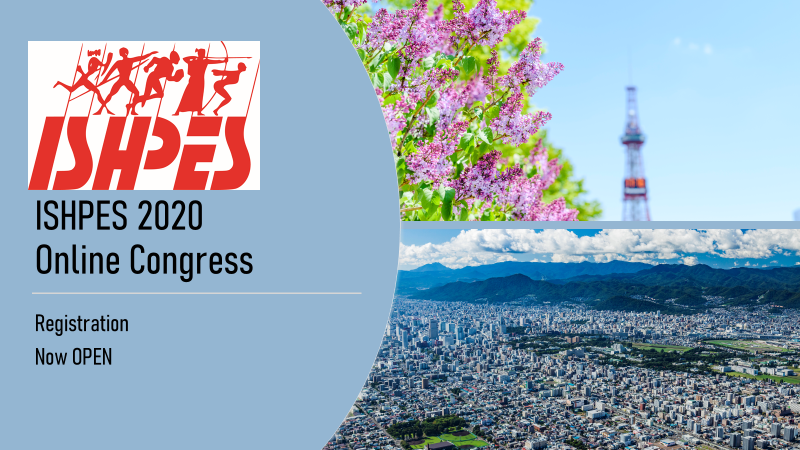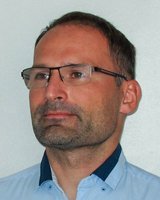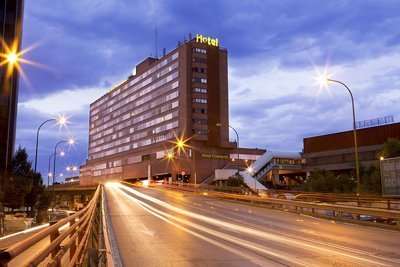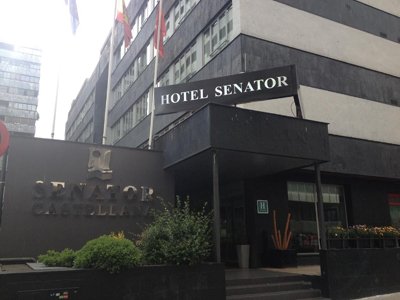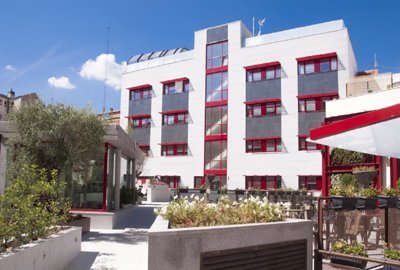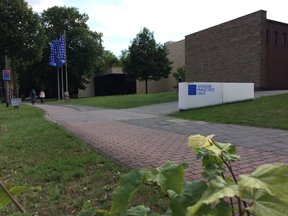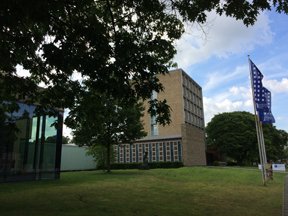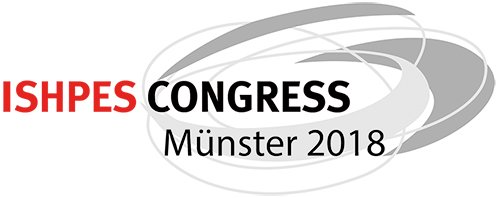Conference Venue
Congress venue: Franz-Hitze-Haus
- just ten minutes away from the city center – by bike or bus. The bus is free for congress participants
- The Franz-Hitze-Haus is distinctly “gemütlich” (cosy and pleasant), convenient and ideal for the purposes of our ISHPES congress
- Only 20 rooms available
Website: https://www.franz-hitze-haus.de/ (website in German)
ISHPES Congress discounted package:
Single room: 70 €
Double room: 100 € (50 € / person)
Breakfast is included in the Congress rate at the Franz-Hitze-Haus.
Information on booking a room at the Franz-Hitze-Haus will be provided soon.
Other Hotel Options
The Muenster Tourism Office can provide assistance with accommodation. Any hotels can be booked directly via Mrs. Freund, and she can also give personal advice with hotel bookings.
Phone: +49 (0)251 492 27 26
E-Mail: tourismus@stadt-muenster.de
There is a special reservation and rate for participants of the ISHPES congress. Please mention the keyword “ISHPES 2018” when you contact Mrs. Freund, or use the link for the discounted rates at the bottom. Discounted rates are valid until June 20.
Movenpick Hotel (close to conference venue)
Website: http://www.movenpick.com/en/europe/germany/muenster/hotel-muenster/overview/
The Möwenpick Hotel is a 4 star superior hotel, spacious and comfortable, located directly at the lovely Lake Aasee. The conference site can be reached easily by foot: just over the road, approximately a two minute walk away, makes it a very convenient place to stay for conference visitors.
Discount link below
Youth Hostel (low budget)
Website: http://www.jugendherberge.de/en/youth-hostels/muenster373/ShortPortraet
The Youth hostel – a low budget option – is located on the opposite side of Lake Aasee, about a 20 minutes walk to Franz-Hitze-Haus. It takes about 9 minutes by bike to get there. About a 10 minutes walk to the city center. Check for current prices at the Youth Hostel.
Insider tip: If you don´t have a youth hostel card and don´t want to purchase one, you might want to check out the special rates for Münster Youth Hostel on booking.com or Expedia. The cheapest option is to book a shared room/multibed room. If you are 26 years old or younger a four-bed room costs 32,90€ per night, breakfast inclusive.
Nordstern-Hostel (low budget)
Website: http://www.nordstern-hostel.de/
Nordstern Hostel is located in a very picturesque neighborhood – the Kreuzviertel. It is a standard hostel with a good-priced policy. About a 10 minutes walk to the city center it is attractive for those who want to explore the city. It is a 30 minutes walk to the Franz-Hitze Haus, 8 minutes by bike and about 10 minutes by bus.
Information on booking
If you are looking for a place to stay in Münster during the ISHPES congress, please refer to the links below. Besides, we have listed a choice of hotels and hostels.
For reservation or booking there are two options: you might either want to look for a good standard or luxury place to stay located near the conference site or you might be looking for a good-priced place. In either way we have provided you discount rates at local hotels and hostels you can get access to via the links below.
The websites are available in German and English. For details or if you have any questions or problems concerning booking please directly contact the tourist office of Münster Marketing:
service-phone: +49 (0)251 492 27 26
e-mail: tourismus@stadt-muenster.de
languages: English, German, French, Italian, Spanish, Dutch
On request Münster Marketing will be happy to book a hotel or hostel for you.
Discount rates of higher-priced hotels*: CLICK HERE (includes Movenpick discount rate)
Discount rates of holiday apartments/B&B*: CLICK HERE
*By using the links the system automatically identifies congress participants, enabling the access of special discount rates. Hotel rooms that are not booked via Early Bird link maintain for regular registration.
Transportation To Munster
From Münster train station:
Take bus line 2 (direction “Alte SSternwarte“) or alternatively line 34 until stop “Franz–Hitze-Haus“
or
Take bus line 11, 12, 13, 14 or 22 until stoop “Jungeblodtplatz”
From there 500m (10 minute) walk to the congress venue Franz-Hitze-Haus
By car:
Via highway A 1 or A 43, from highway crossing Münster-Süd (A1/A 43) via Weseler Straße to the city centre until Koldering (left)
Via highway A1 exit Münster-Nord (A1) via Steinfurter Straße until Orleans-Ring (right). Parking next to the venue Franz-Hitze-Haus
By Taxi:
A taxi from the main station to the congress venue Franz-Hitze-Haus costs about 13
Via Münster-Osnabrück (FMO) airport:
Please take a taxi to the venue or a public bus to train station Münster
Via major international airports:
Please take the trains to Muenster/Westf.
Public transportation during Congress
At the reception desk of the congress venue Franz-Hitze-Haus all registered participants get a bus ticket for city transportation during the conference (including transportation to the main station at the departure day)

